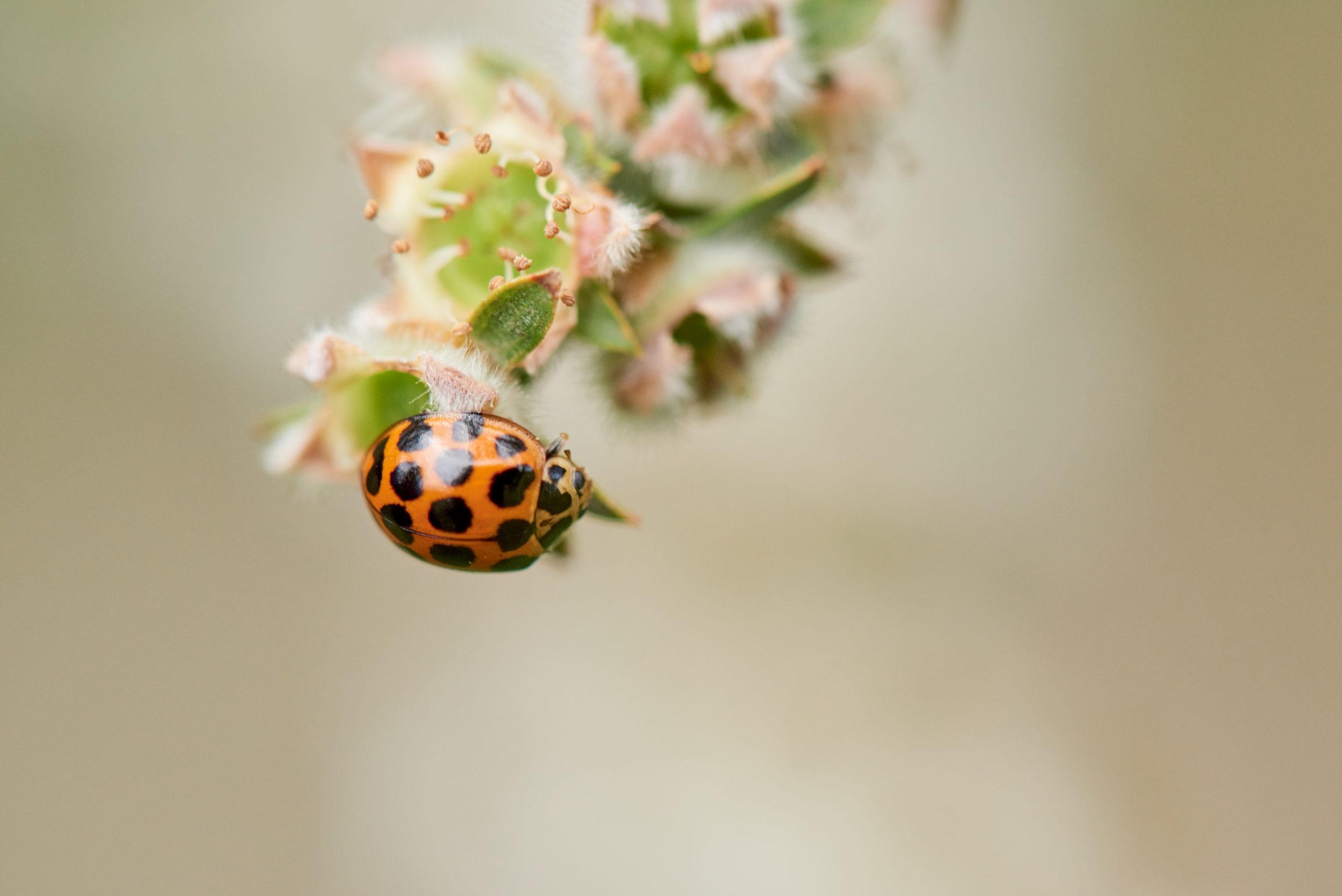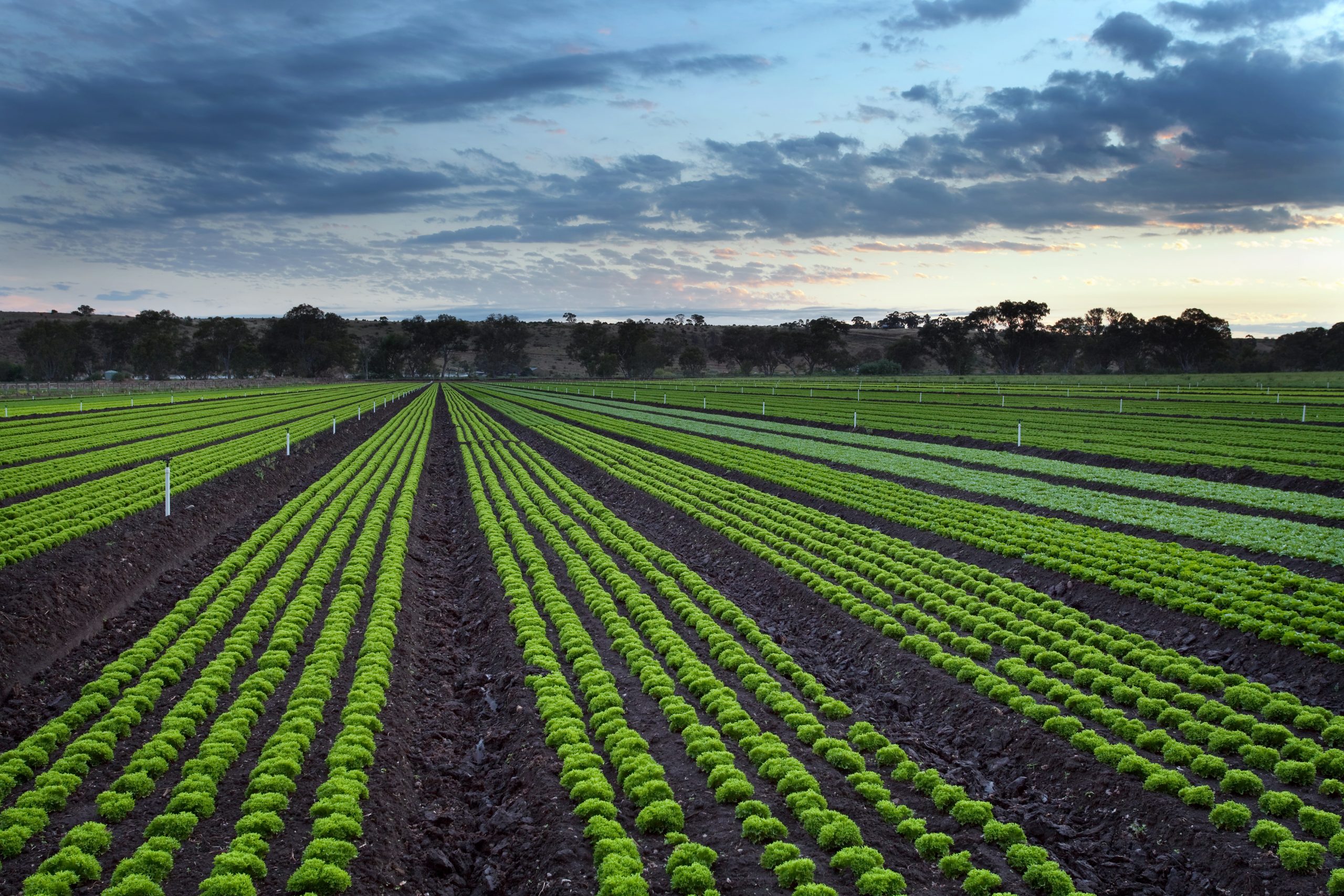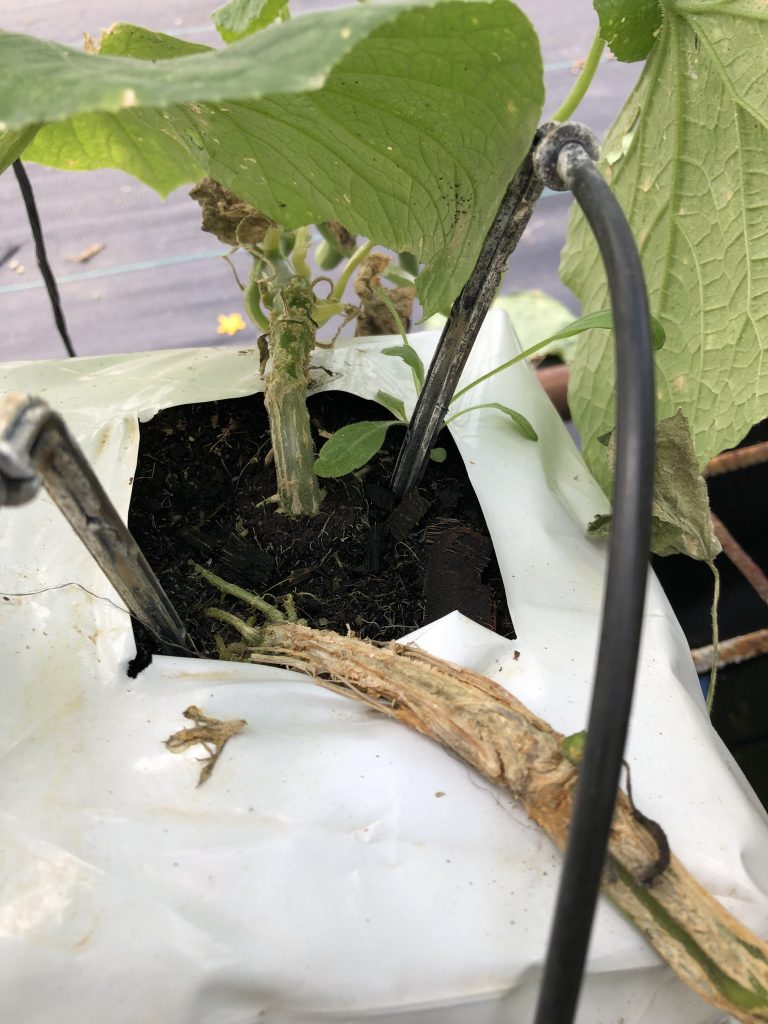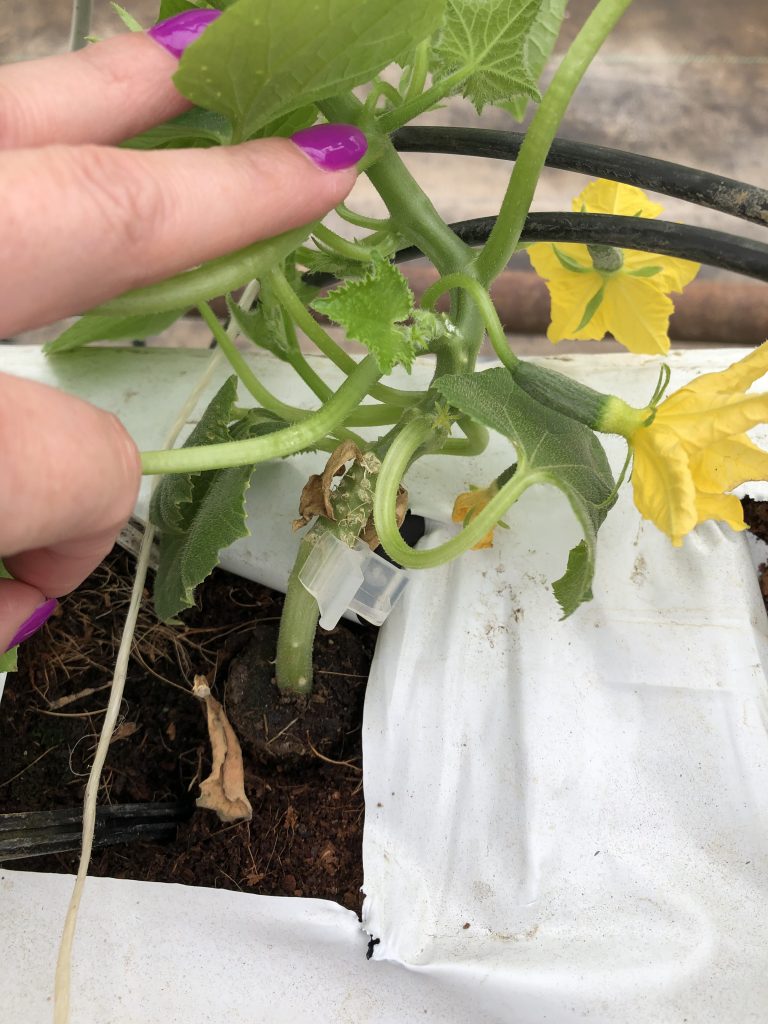
VegNET at work: Role of women in horticulture
14 September 2020
Native vegetation insectaries: Benefiting vegetable growers and communities
14 September 2020The VegNET New South Wales team is busily preparing for phase two of the extension project. It is looking to further identify knowledge gaps in research, and support vegetable growers in adopting on-farm practices. In this article, VegNET Regional Development Officer Sylvia Jelinek provides an example of how extension can address popular areas of interest and produce tangible results for vegetable growing operations.
VegNET New South Wales project is expanding into a second phase after the team successfully secured funding to continue supporting NSW vegetable growers. With the current focus on developing a strategy to determine key focus areas for the industry, the team is calling on growers and other interested industry members to have their say on priority extension areas.
VegNET NSW Regional Development Officer Sylvia Jelinek said she looked forward to exploring new and exciting methods of engaging with growers.
“The success of VegNET comes down to the great input we’ve had from growers who are keen to hear about innovations in research, and explore how these innovations can be applied on their farm,” she said.
Protected cropping in-focus
Ms Jelinek said protected cropping was a popular area of interest for phase two of the program.
“Greenhouse cucumbers was an area we looked into in partnership with plant pathologist Dr Len Tesoriero,” she said.
This project explored the grafting of cucumbers to disease resistant rootstocks.
“Greenhouse cucumbers are affected by a number of diseases which can severely reduce yields. Fusarium wilt and Pythium root rot are the most important causes of losses across major production areas of Australia,” Dr Tesoriero said.
“The strain of Fusarium affecting cucumbers in Australia is unlike any that occurs overseas. There are no commercial cucumber varieties resistant to this strain of Fusarium available.”
Over a period of two years, Dr Tesoriero and his team evaluated cucumbers grafted onto resistant rootstocks for control of Fusarium wilt and Pythium root rot.
“Preliminary studies identified a cucumber rootstock (cv. Affyne) and a hybrid pumpkin rootstock (cv. Cobalt) as being resistant to Fusarium wilt and highly tolerant to Pythium root rot,” Dr Tesoriero said.
“In two commercial-scale trials, we demonstrated that both rootstocks could support healthy plants that easily out-yielded ungrafted plants in the same house.
“In a winter crop there was a 29 per cent yield difference between a grafted treatment and ungrafted plants. This can easily translate into an economic benefit under high disease pressure after the increased cost of seedlings is taken into account.”
“Of course, the benefit really depends on how much disease pressure there is and the cucumber wholesale price,” Dr Tesoriero added.
Project results: Net benefits
In the winter trial, there was a 29 per cent yield increase with grafting and say, for example, the average cucumber yield is 7 kg/plant. That yield difference represents a saving of about 2kg/plant. If cucumbers are worth $2/kg, it translates to a saving of $4 per plant.
Now if the difference between grafted and ungrafted seedling costs is $2.50, there is still a saving of $1.50 per plant. Obviously, this number changes for the better if prices are higher and vice versa for lower cucumber values. Overall, it provides growers with an effective disease management option.
There were a few other issues and factors that were observed during the trials:
- Care needs to be taken when transplants are placed into media. This is to ensure the graft union is not buried too deep, so that roots do not form above the graft union and become infected by Fusarium.
- If plants are layered – or vine training is delayed – roots can form above the graft union, enter the medium and become infected.
- In a single trial over winter, the cucumber rootstock outperformed the pumpkin rootstock. Over summer, both rootstocks performed equally. This result probably should be repeated to validate this effect.
- It is possible to use two heads on grafted plants to off-set increased seedling costs. This may require other changes to crop management so should be done with caution.
For further details or to get involved in the VegNET NSW program, click here.
Find out more
Please contact NSW Industry Development Officer Sylvia Jelinek from Greater Sydney Local Land Services on 0427 086 724 or sylvia.jelinek@lls.nsw.gov.au.
VegNET – New South Wales is a strategic levy investment under the Hort Innovation Vegetable Fund.
This project has been funded by Hort Innovation using the vegetable research and development levy and contributions from the Australian Government.
Project Number: VG19011
This article features in the spring 2020 edition of Vegetables Australia. Click here to read the full publication.



